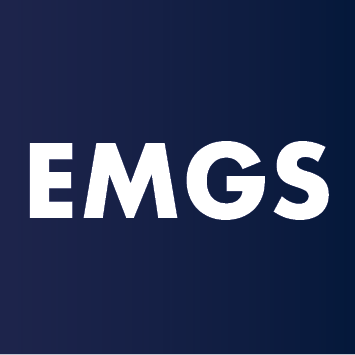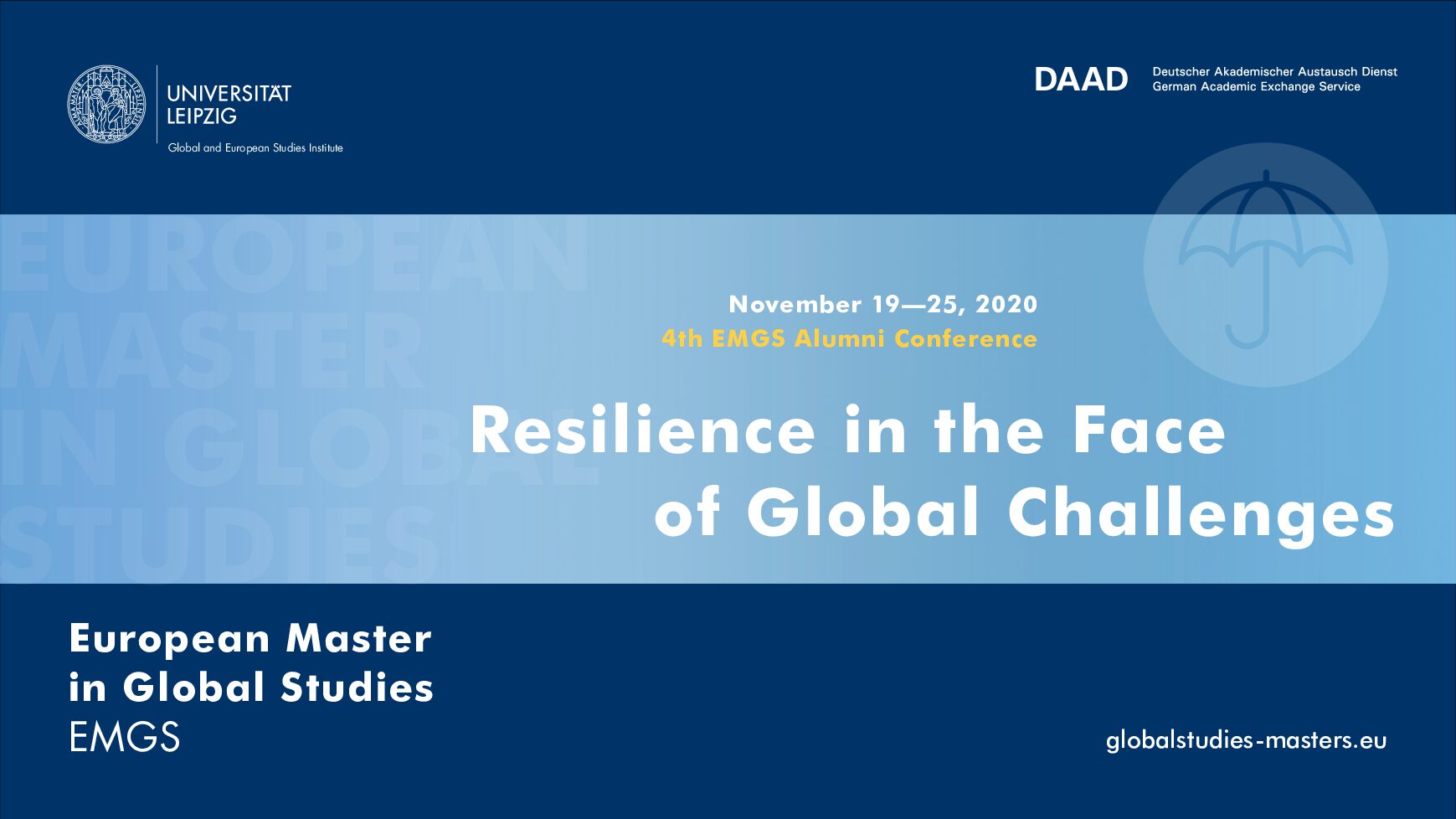In the lead-up to our EMGS Alumni Conference this week, we are looking forward to alumni (and current Global Studies students) from all over the world joining the conference to speak on panels, connect with one another, touch base with friends, and everything in between. Relevant topics like the global climate challenge, postcolonialism and, yes, Covid-19 will be subjected to your scrutiny. Several panels will focus on post-EMGS careers: here tips will be given, the more weathered among our alumni can guide the newcomers, and there will be plenty of time for networking. There will even be a virtual pub quiz. With an array of insightful lectures (see below) as well as roundtables and panel discussions featuring EMGS consortium faculty and alumni now active in NGOs, international organizations, education, academia, consulting, journalism, and more, our conference will be worth a tune-in!
By Milan Procyk
Much has been said and written about the rising mobility of the university-educated in the early 21st century. Of course, the conference’s participants’ common denominator being a master’s degree in Global Studies, it’s no wonder they can be found in every corner of the world. However, the global pandemic has suddenly halted our cosmopolitan way of life, depriving us in its stride of every illusion of control we might have had before. It goes without saying that Covid-19 must feature in any discussion of global challenges in 2020. Thus, we are happy to have Dr. Robert Huish, a global health expert and Associate Professor in International Development Studies at Dalhousie University, give a keynote address on post-Covid health governance on the first day of our conference.
Annoyingly pertinent though it might be, Covid touches upon all realms of life and work, and vacates all spaces with its own urgency – or does it? Our 2020 EMGS alumni survey showed that climate change was, in fact, the most pressing issue for participants. Dr. Ariel Macaspac Hernandez of the German Development Institute is an active Scientist for Future, but also a mediator, philosopher, economist, and game theorist – and best equipped for getting to the bottom of knowledge diplomacy and its powerful role in global climate negotiations. We are all ears for Dr. Hernandez’s lecture, scheduled for the second day of the conference.
The fourth day of our conference will focus its gaze on the light at the end of the tunnel, or After the Pandemic: ‘New Politics’ Challenges and Prospects in a Changing World, as Dr. Daniel Chavez calls it. Both the global premises, i.e. authoritarianism and deepening inequality, and the context, a world-wide pandemic exacerbating boiling social and political tensions, call for progressive answers. As coordinator of the “New Politics” project at the Transnational Institute, Amsterdam, Dr. Chavez knows how to work toward progressive solutions, and he will also point out the challenges we face.
As ahistorical as our pre-Covid certainty turned out to be, so false is our belief in crisis as a driver of positive developments. At least with regards to racism. Great Britain has experienced a surge in nebulous biological explanations as to why BAME (Black Asian Minority Ethnicity) people have been prone to harsher medical conditions than whites when infected with Covid which ignore generations of structural racism and its ever-marginalizing legacy. Before that, Europeans – in seemingly informed anticipation – stylized Covid as a death blow to the African continent. Our world might be post-Covid one day, but it is far from being truly post-colonial. Prof. Gurminder Bhambra, Professor of Postcolonial and Decolonial Studies at the University of Sussex, will kindly share some reflections on decolonizing the university on the final day of the conference.
Thanks to so many of our alumni and EMGS consortium faculty who are willing to help make this convention happen, there will be panel discussions on various issues: what it is like to work in an IO, which buttons to press before, during, and after a PhD, how to get a foot in the communications-and-consulting door, and the challenges posed by populism, among other topics.
Check out our registration page to view our conference agenda and sign up. See you there!

